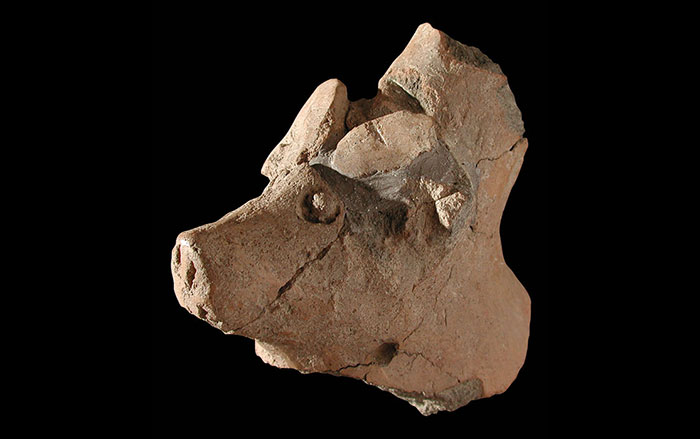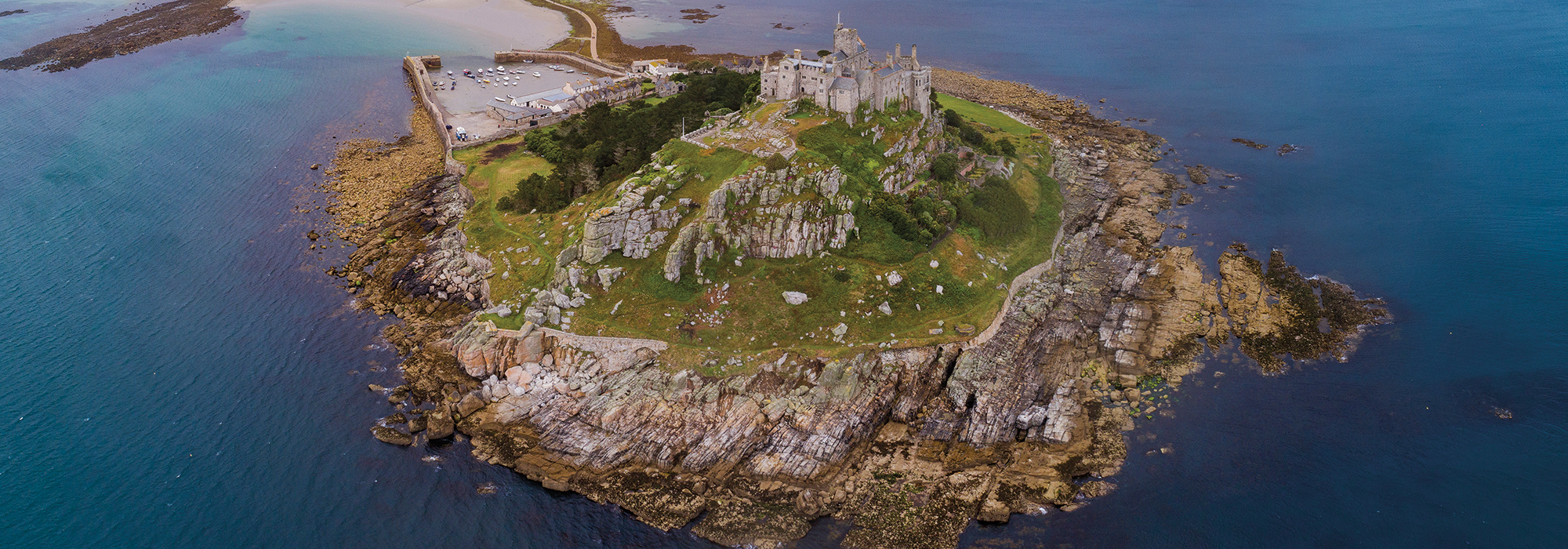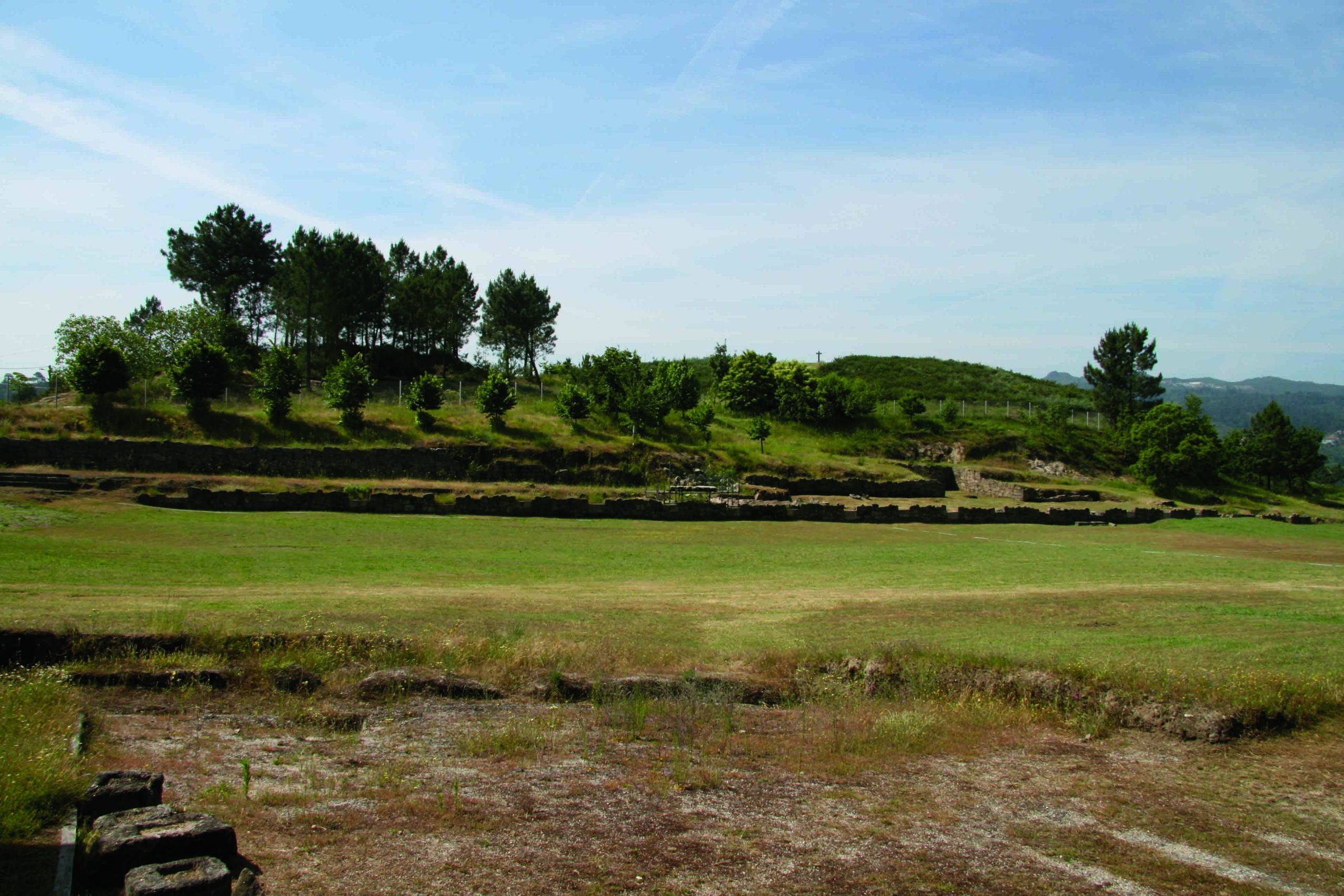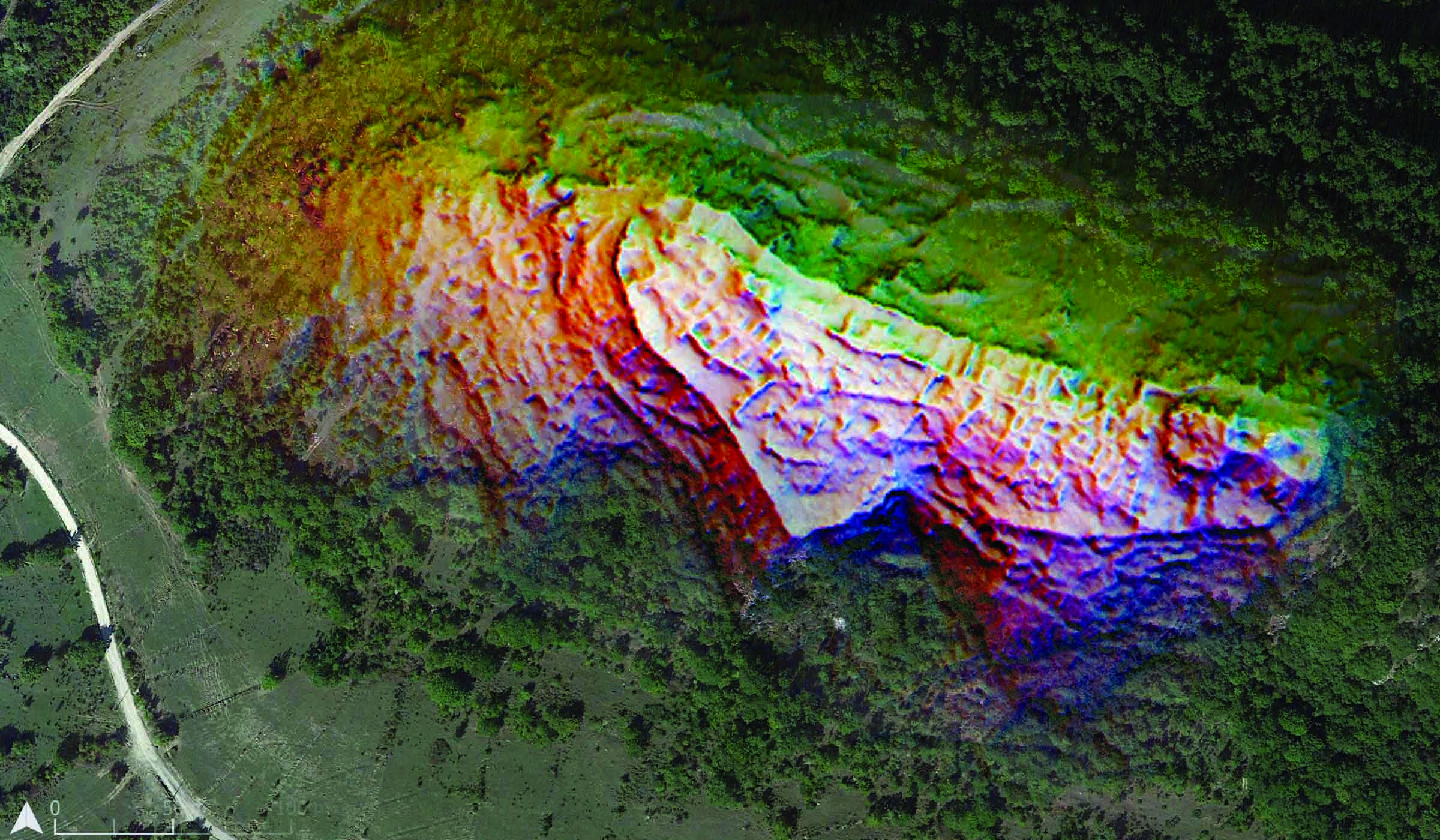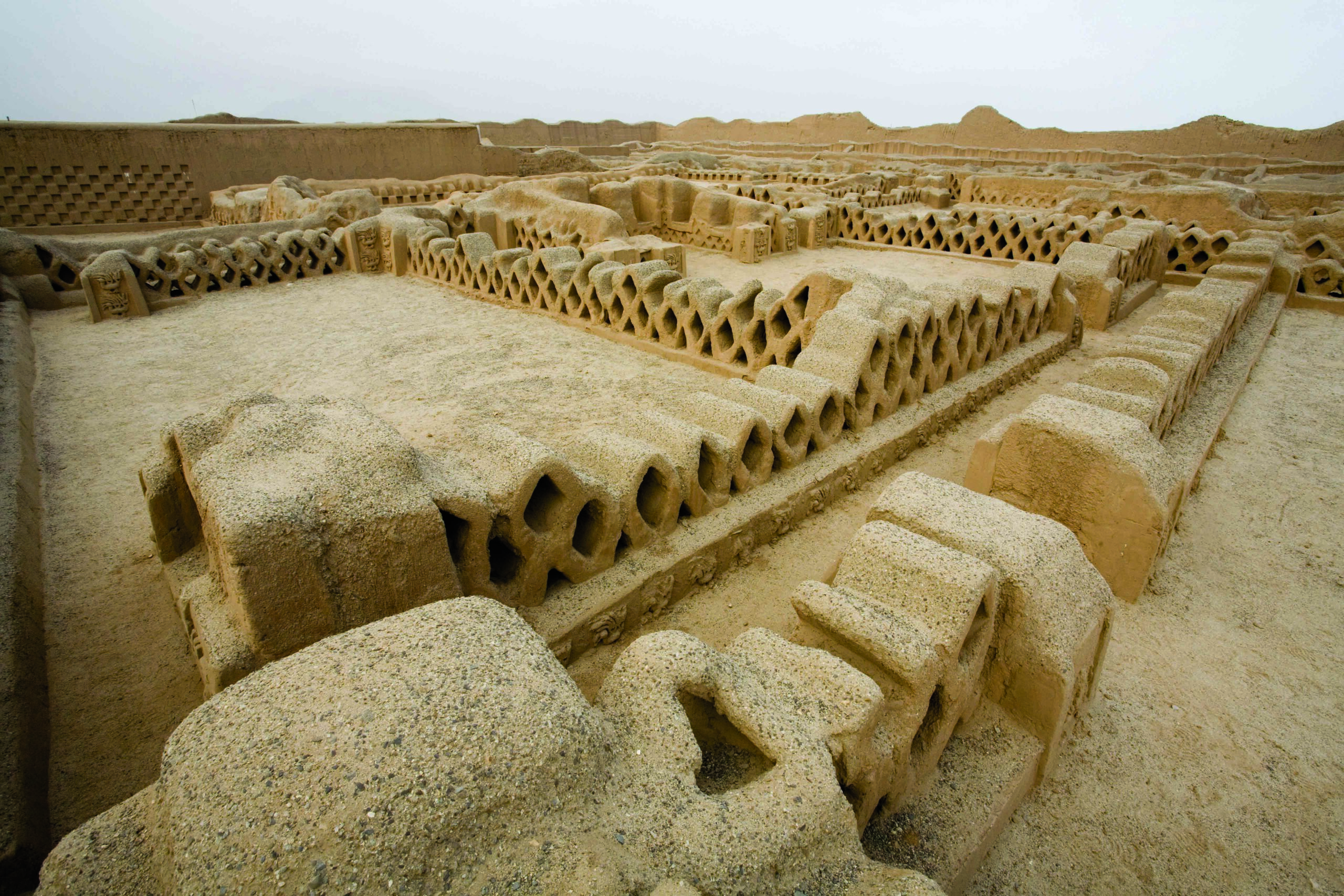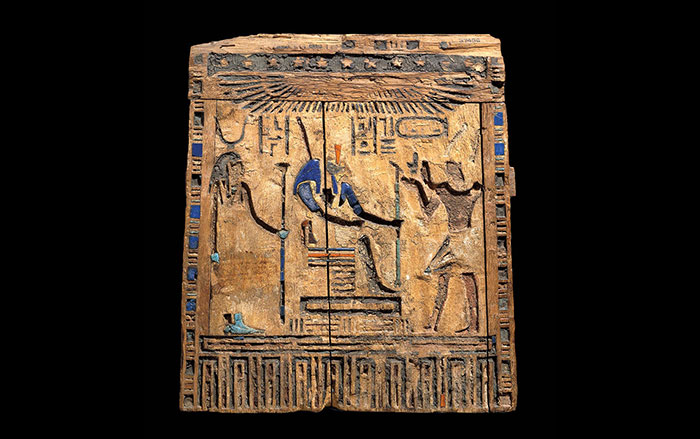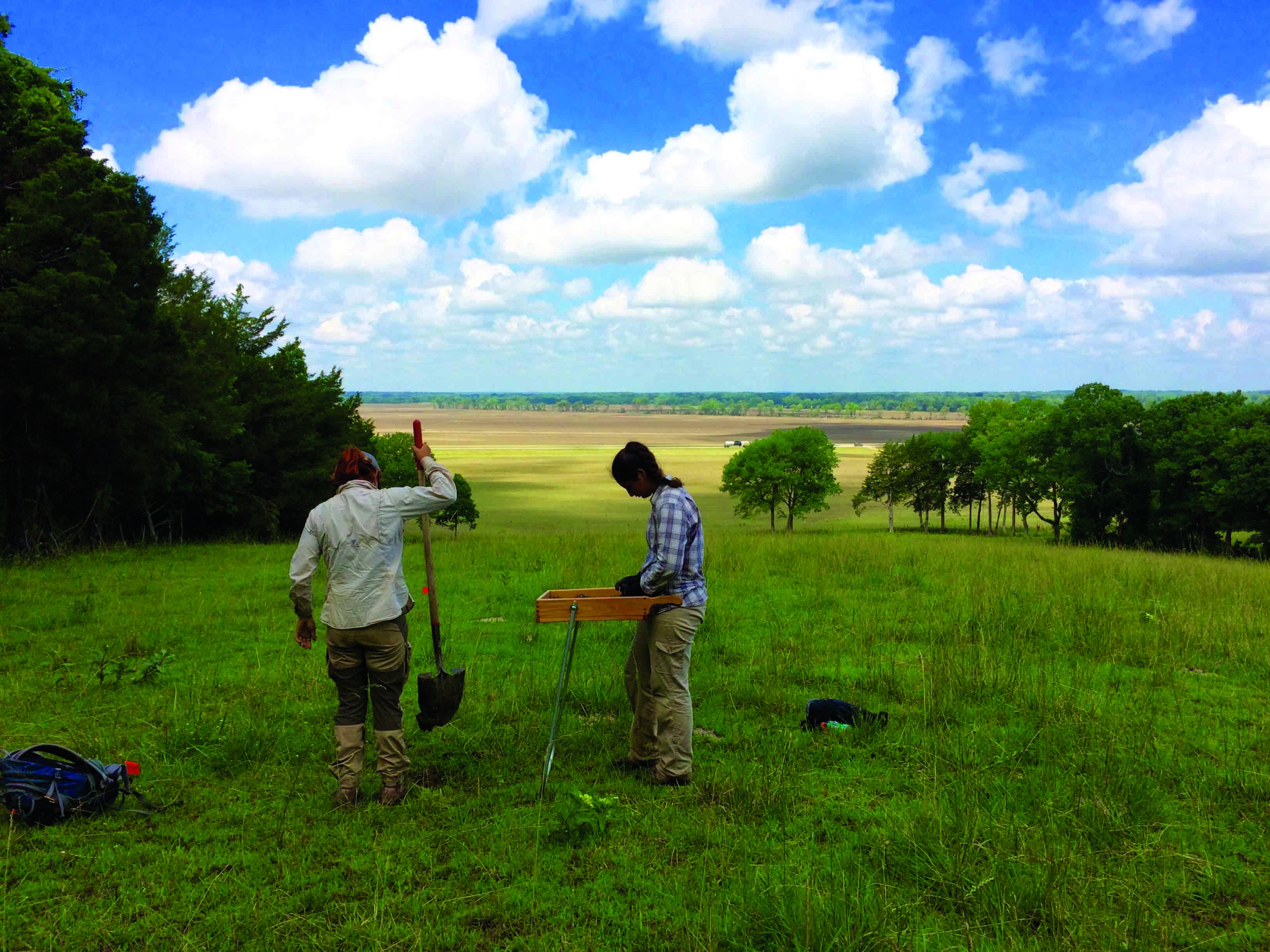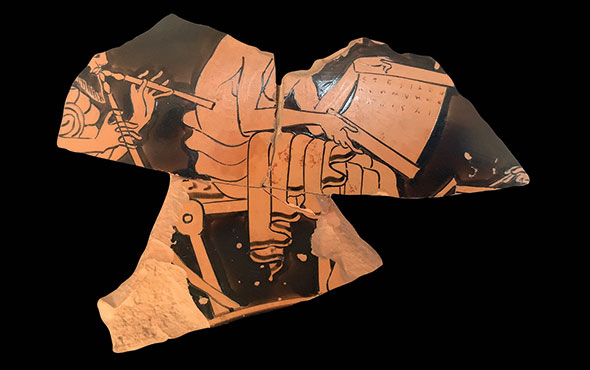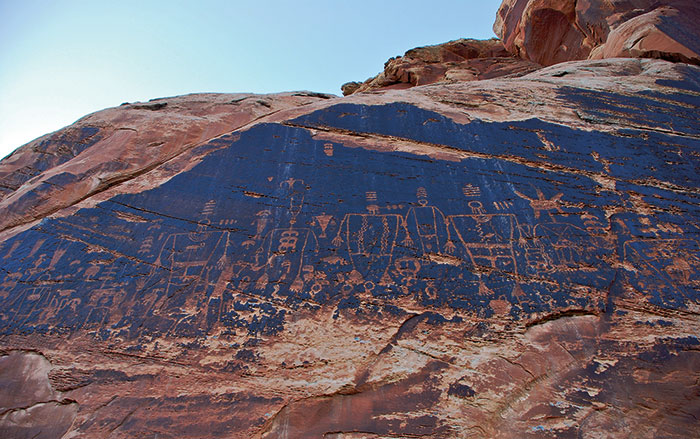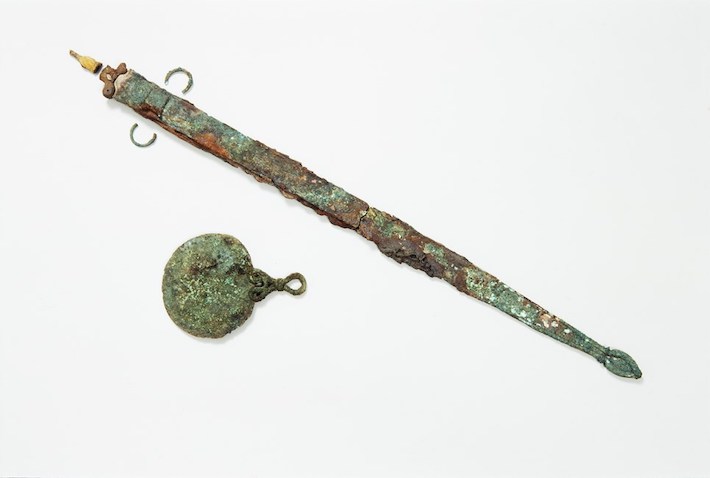
CORNWALL, ENGLAND—According to a report in The Guardian, 2,000-year-old poorly preserved remains discovered in 1999 in a stone-lined grave on the island of Bryher likely belonged to a woman. Because the grave also contained a sword in a copper-alloy scabbard and a shield, artifacts that are usually associated with men, along with a brooch and a bronze mirror bearing a sun disc motif, which are usually associated with women, researchers were not sure if the few bone fragments and teeth belonged to a man or a woman. However, Glendon Parker of the University of California, Davis, and his colleagues have now analyzed proteins extracted from the tooth enamel that suggest that the individual was female. Researchers now think that the mirror may have been used for signaling and coordinating attacks on enemy settlements, and may have also been used in rituals before and after battle. “This could suggest that female involvement in raiding and other types of violence was more common in Iron Age society than we’ve previously thought, and it could have laid the foundations from which leaders like Boudicca would later emerge,” concluded Sarah Stark of Historic England. To read about another female grave whose contents prompted researchers to mistakenly identify it as that of a man, go to "Viking Warrioress."


